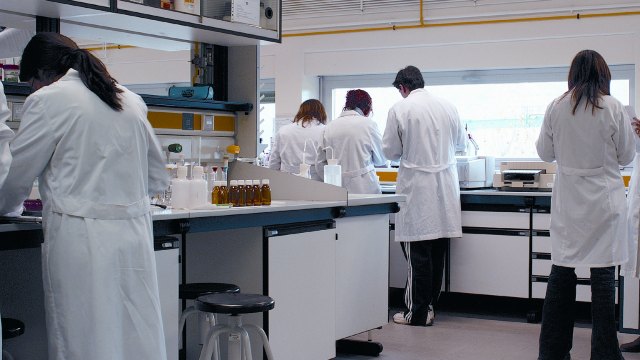 WIKIMEDIA, URCOMUNICACIONSome scientists and physicians are among those barred from coming—or returning—to the United States following an executive order from President Donald Trump, which temporarily prohibits some immigrants and refugees from entering the country. In response, numerous labs in Europe have offered to host waylaid researchers. Today (February 1), the European Molecular Biology Organization (EMBO) launched a website to help would-be hosts connect with stranded scientists.
WIKIMEDIA, URCOMUNICACIONSome scientists and physicians are among those barred from coming—or returning—to the United States following an executive order from President Donald Trump, which temporarily prohibits some immigrants and refugees from entering the country. In response, numerous labs in Europe have offered to host waylaid researchers. Today (February 1), the European Molecular Biology Organization (EMBO) launched a website to help would-be hosts connect with stranded scientists.
“Everyone agrees we must do something,” Maria Leptin, EMBO’s director, told The Scientist. “It’s a feeling a solidarity with people who are stranded and with our colleagues in the U.S.”
Leptin was the first to join EMBO’s “Science Solidarity” list, offering to host stranded researchers in her own lab, based at the University of Cologne. Within an hour, scientists from Canada, Spain, the U.K., France, Switzerland, Germany, and Austria joined as sites willing to host travelers unable to enter the U.S.
Magnus Nordborg, a population geneticist at the Gregor Mendel Institute of Molecular Plant Biology, and Jürgen Kleine-Vehn, who studies plant growth at the University of Nature Resources and Life Sciences, both in Vienna, were among the first to make personal offers of lab space, ...




















